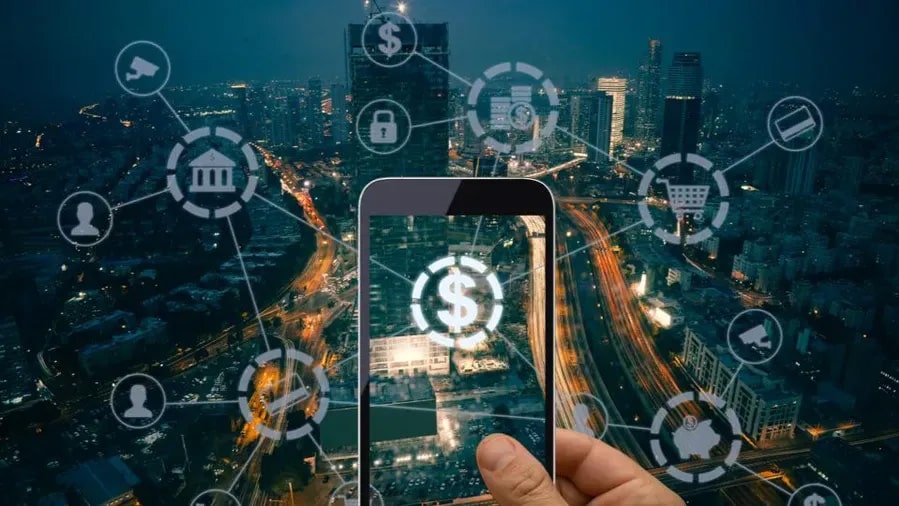In an era defined by digital interconnectivity, the cyber landscape is undergoing a seismic transformation. Artificial intelligence (AI) and quantum computing are not just revolutionary—they’re dual-edged swords. While these technologies promise extraordinary benefits, they also introduce new dimensions of vulnerability. As the world hurtles toward quantum supremacy and increasingly autonomous AI, we must ask: are our digital defenses prepared for what’s coming?
AI: Automating Attack Vectors
AI is already redefining cybersecurity—on both sides of the battlefield. Traditionally, cyber attacks required a skilled human operator. Today, machine learning algorithms can automate tasks like phishing, vulnerability scanning, and password guessing at unprecedented speeds.
In 2023, researchers at IBM’s X-Force demonstrated that AI-powered phishing campaigns had significantly higher success rates than traditional methods. By using natural language processing (NLP) to mimic writing styles and emotional triggers, these messages were nearly indistinguishable from genuine communications.
“AI allows attackers to personalize scams on a massive scale,” says Nicole Eagan, Chief Strategy Officer at Darktrace. “It turns every social media post, every email, into potential reconnaissance data.”
Deepfake technology has also entered the fray. In a chilling 2019 case, fraudsters used an AI-generated voice to impersonate a CEO and tricked a UK-based energy firm into transferring €220,000. That was only the beginning. Today, with tools like ElevenLabs and open-source models like GPT-J, even small-scale hackers can produce hyper-realistic audio or text with ease.
Quantum Computing: The Cryptographic Apocalypse?
Quantum computing poses a more existential threat to cybersecurity. The core of modern encryption—RSA, ECC, and even certain symmetric-key algorithms—relies on the computational difficulty of factoring large numbers or solving discrete logarithmic problems. Quantum algorithms, especially Shor’s algorithm, could break these systems in polynomial time.
Google’s 2019 announcement that it had achieved “quantum supremacy” was a milestone. Although the computation performed was not practically useful, it signaled that the age of quantum computing is approaching faster than many anticipated.
Dr. Michele Mosca, co-founder of the Institute for Quantum Computing, famously stated:
“There’s a one in seven chance that some of today’s cryptography will be broken by 2026, and a one in two chance by 2031.”
That isn’t science fiction. The U.S. National Institute of Standards and Technology (NIST) is already standardizing post-quantum cryptographic algorithms. Yet, much of the world’s infrastructure—from banking systems to critical national defense networks—still runs on encryption that could be rendered obsolete by a sufficiently powerful quantum machine.
Real-World Flashpoints
The SolarWinds hack of 2020, which infiltrated multiple U.S. federal agencies and Fortune 500 companies, showed the devastating impact of a sophisticated, stealthy supply chain attack. Imagine that scale of intrusion, but executed by an AI capable of autonomous decision-making, adaptive learning, and deep evasion tactics—or supported by quantum-decrypted credentials.
Then there’s the ongoing ransomware plague. Groups like LockBit and BlackCat (ALPHV) have increasingly adopted AI to evade detection and optimize payload delivery. What happens when quantum decryption allows them to bypass multifactor authentication or state-of-the-art VPNs?
Even more concerning is the concept of “store now, decrypt later.” Adversaries, particularly state-sponsored actors, are believed to be harvesting encrypted data today with the expectation that they will be able to decrypt it once quantum computing matures.
What the Experts Say
Dr. Anne Neuberger, Deputy National Security Advisor for Cyber and Emerging Technology at the White House, emphasized the urgency:
“We’re in a race—between the adoption of quantum-safe cryptography and the development of quantum computing capabilities that can break our current systems.”
Kevin Mandia, CEO of Mandiant (now part of Google Cloud), warned in a 2024 security forum:
“Cybersecurity has always been asymmetric. But with AI and quantum, we’re looking at the biggest shift in the attack/defense paradigm since the invention of the firewall.”
Are We Ready?
Some steps are being taken. The U.S. passed the Quantum Computing Cybersecurity Preparedness Act in 2022, requiring federal agencies to transition to post-quantum encryption. Companies like Microsoft and IBM are embedding quantum-resilient protocols into their products. Meanwhile, AI is being used for threat hunting and anomaly detection at a scale humans could never manage.
Still, these are patchwork efforts against a tidal wave.
The convergence of AI and quantum computing is not a distant threat—it’s a gathering storm. And like all storms, it will reward those who prepare and devastate those who do not.
Conclusion: The Cyber Arms Race Is Just Beginning
As we stand on the brink of a new technological epoch, cybersecurity is no longer just an IT concern—it’s a matter of national security, corporate survival, and civil liberty. The fusion of AI and quantum computing demands a rethinking of how we build trust, verify identity, and protect information in a world where even reality can be faked.
The question is no longer if these technologies will be used in cyber attacks, but when—and whether we’ll be ready.




